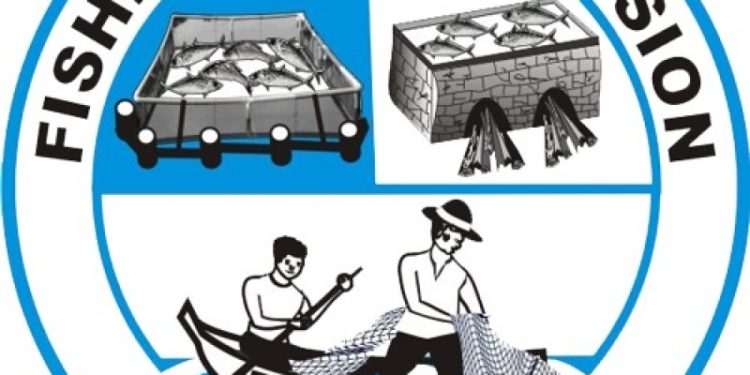The Ghana Police Service’s Marine Police Unit and the Western Region’s Fisheries Commission (FC) have launched inquiries into the recent deaths of fishes in the Nzema East Municipality of the Western Region.
On April 4, 2021, over 80 dolphins thought to be melon-headed whales washed up on the coasts of Brewire and Ankobra.
There was evidence that the mammals died as a result of being inadvertently trapped in tuna purse seine traps or underwater disturbance caused by acoustic surveys.
They can often stray into environments that are unsuitable for their existence, such as feeding and breeding fields, or pollutants from heavy metal and man-made chemical concentrations.
Meanwhile, locals claim that the majority of the confirmed dead mammals have vanished in an effort by certain obstinate residents to profit from the circumstance without regard for the cause of death.
Related Article: FDA advise Ghanaians to avoid eating “Kako” for the time being
In light of this, the Marine Police Unit and the Fisheries Commission have launched rapid and thorough inquiries into the tragedy in order to determine the truth about the mammals’ deaths.
According to a press release from the Fisheries Commission, preliminary examination of the fish revealed no wounds, while the sea color and temperature were natural.
To aid in the inquiries, seawater samples were taken from the coasts, and tests of the fish gills and other histological examinations were also performed on them to determine any pathological causes.
Physical, chemical, and biological parameters would be examined in the seawater samples obtained.
The statement further reassured the public that the Fisheries Commission would function diligently to determine the true cause of the fishes’ deaths, and advised them to refrain from eating those items before the cause of death of these marine creatures was determined.
It also encouraged residents to remain peaceful and work with officials and environmentalists to figure out what caused the incident.
It also called for more public education and understanding about the role of aquatic mammals in the ocean and how communities might better preserve them.
SOURCE: ASTLFMONLINE

























